News
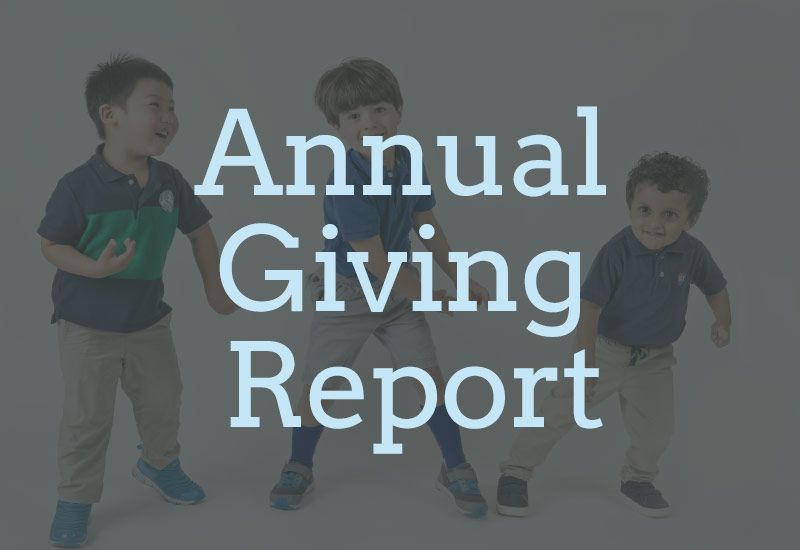
Our 2020-2021 Annual Giving Report is Now Available

September Update from the Head of School

6th Grade Motsey Hudson Speech Winners - 2021
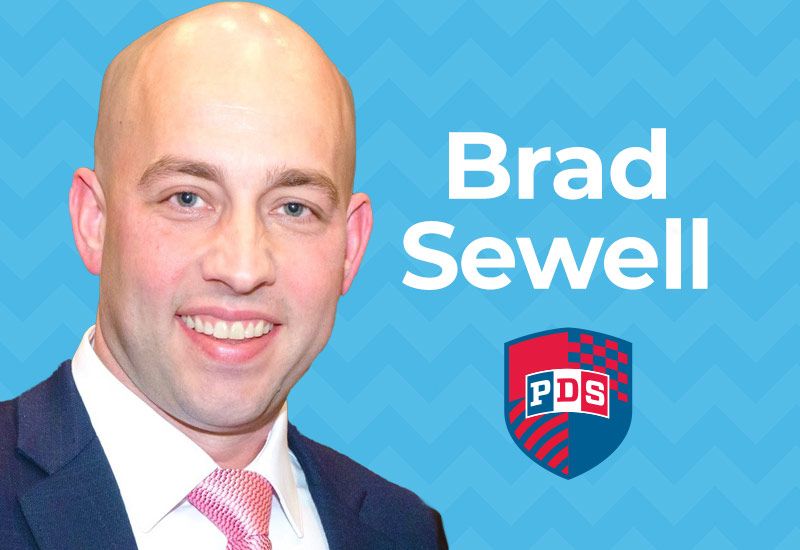
Board of Trustees Announces Appointment of Brad Sewell as Next Head of School
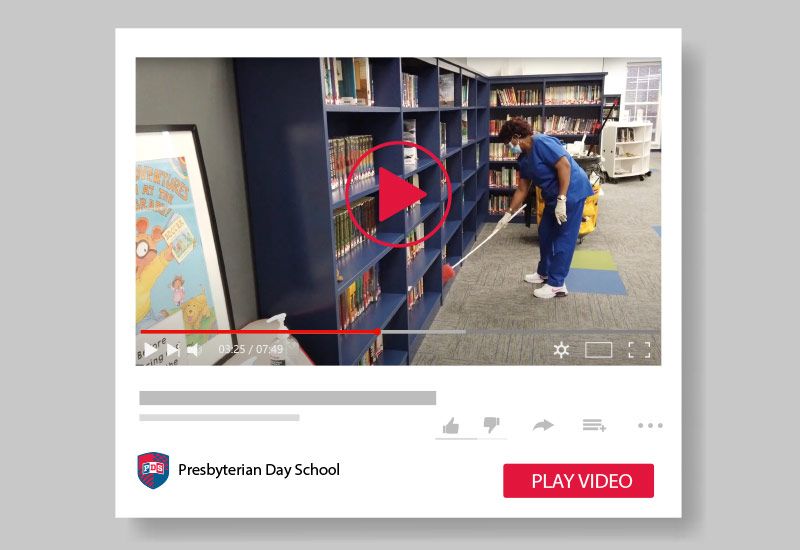
Rising to the Occasion - Custodial Staff
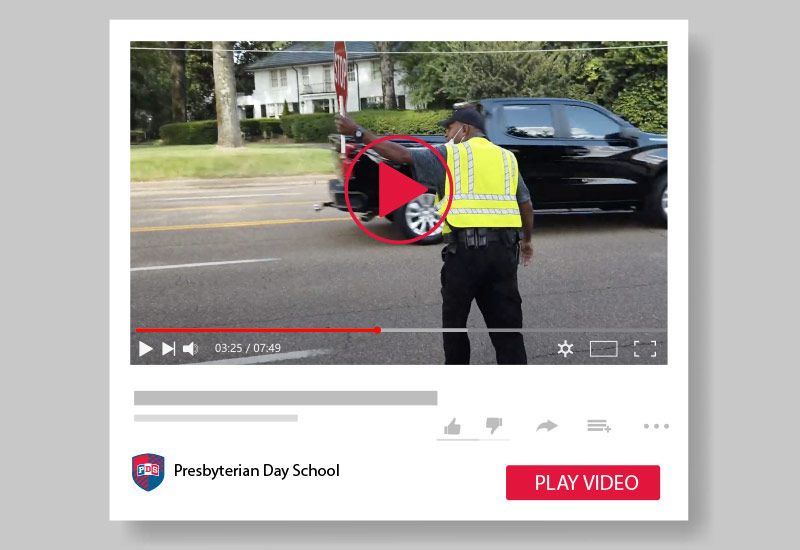
Rising to the Occasion - Security Guards
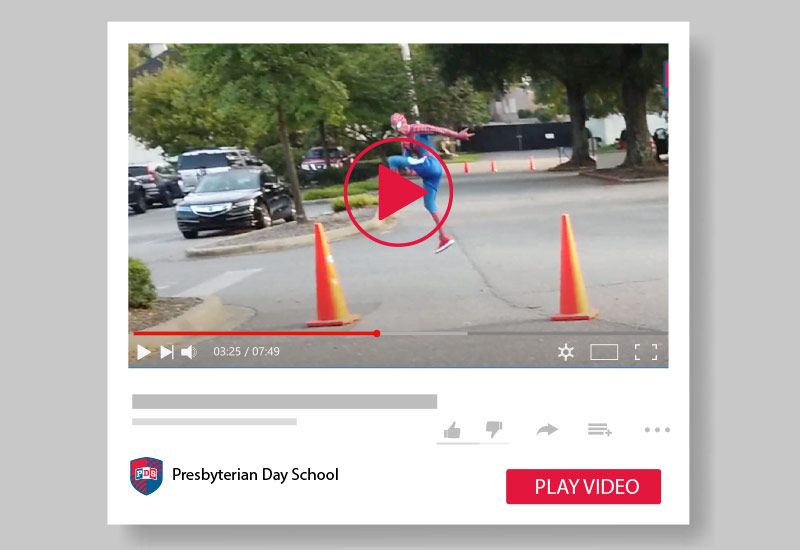
Rising to the Occasion - Coaches
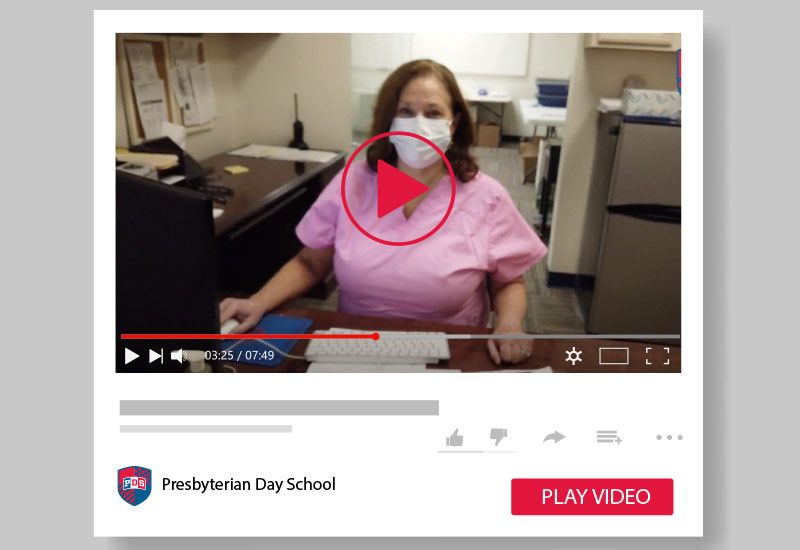
Rising to the Occasion - Full-Time Nurse and Expanded Health Center
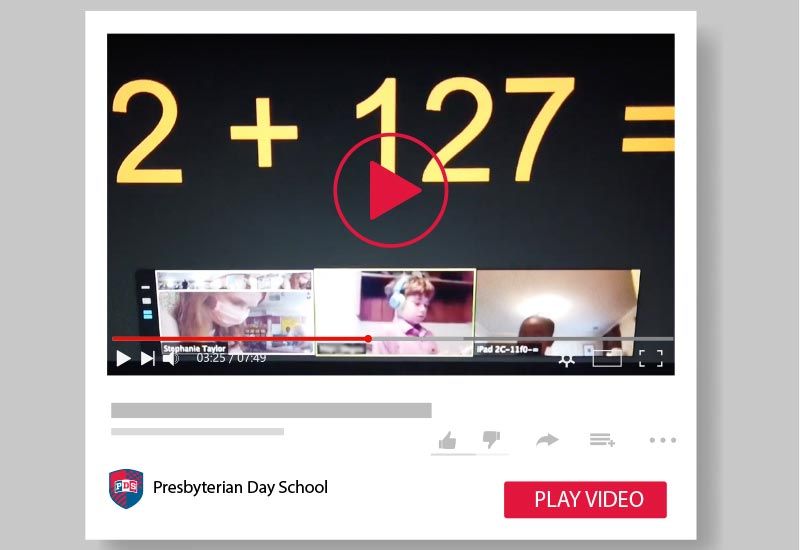
Rising to the Occasion - Implementing Meeting Owl Cameras for Distance Learners
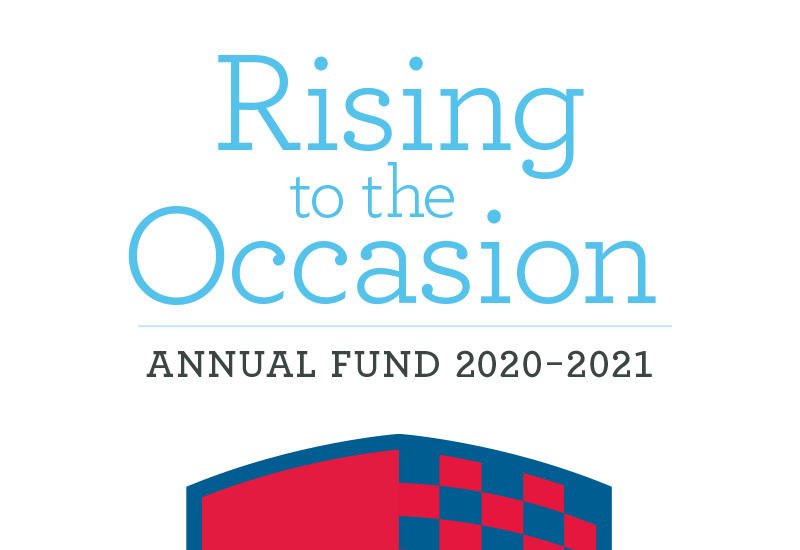
Rising to the Occasion - Hiring Additional Faculty and Outdoor Classrooms

Head of School Search Update - Final Round Interviews & Parent Sessions

6th Grade Motsey Hudson Speech Winners - 2020

At PDS, we believe that God is heartbroken… and we are too.

Parent Book Club: Raising Kids With Values That Last - Starting March 19

Some Reminders about Carpool Safety
Instagram: @pdsmemphis
School Calendar
Meets on 1st and 3rd Tuesdays. Join other moms in praying for our boys, families, faculty, and school.
More Info
Meets on 1st and 3rd Tuesdays. Join other moms in praying for our boys, families, faculty, and school.
More Info
Register for Events
Sports Banquet 2025
All moms and dads are invited to celebrate the All-Stars from 4th, 5th, & 6th Grades
Dress: Coat and Tie
Guest Speaker: Dan Williams, former NFL defensive tackle and Tennessee Volunteer
5:30pm Autographs / 6:00pm Banquet
Enjoy food, fun, and fellowship as we recognize all sports participants!
For all PDS 4th, 5th, and 6th graders who participated in athletics this year and their parents. No siblings, please.
 Speaker: Dan Williams
Speaker: Dan Williams
Schedule a Tour
Available year-round!
We love showing off our campus and our boys.
To Schedule a tour, contact Rachel Bishop, Director of Admission at
Building Blocks Soccer - Session 1
Pre-Kindergarten Junior Kindergarten
BB Soccer is an outrageously fun soccer program with a curriculum that seamlessly integrates the building blocks of child development with early learning principles, while aligning with school curricula. Our youth preschool soccer program is designed to provide a holistic educational experience that fosters physical, cognitive, social, and emotional growth, and help our littles ones fall in love with the beautiful game.
Schedule: Thursdays, 3/20/2025 - 5/1/25
PDS MineCraft Club Session 4
Senior Kindergarten 1st Grade 2nd Grade 3rd Grade 4th Grade 5th Grade 6th Grade
Want to spend time after school exploring and creating? Come to Minecraft Club and build with your friends! In this exciting adventure, you will get to participate in building competitions with other boys, mine for precious resources, and fight off those pesky mobs together! Please note that due to the nature of this camp, campers will have one hour of screen time each meeting.
Schedule: Thursdays, 3/20/2025 - 5/1/2025










